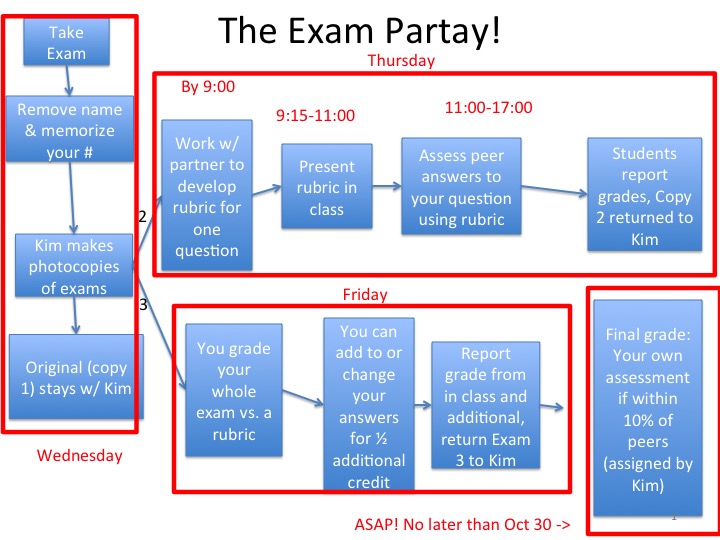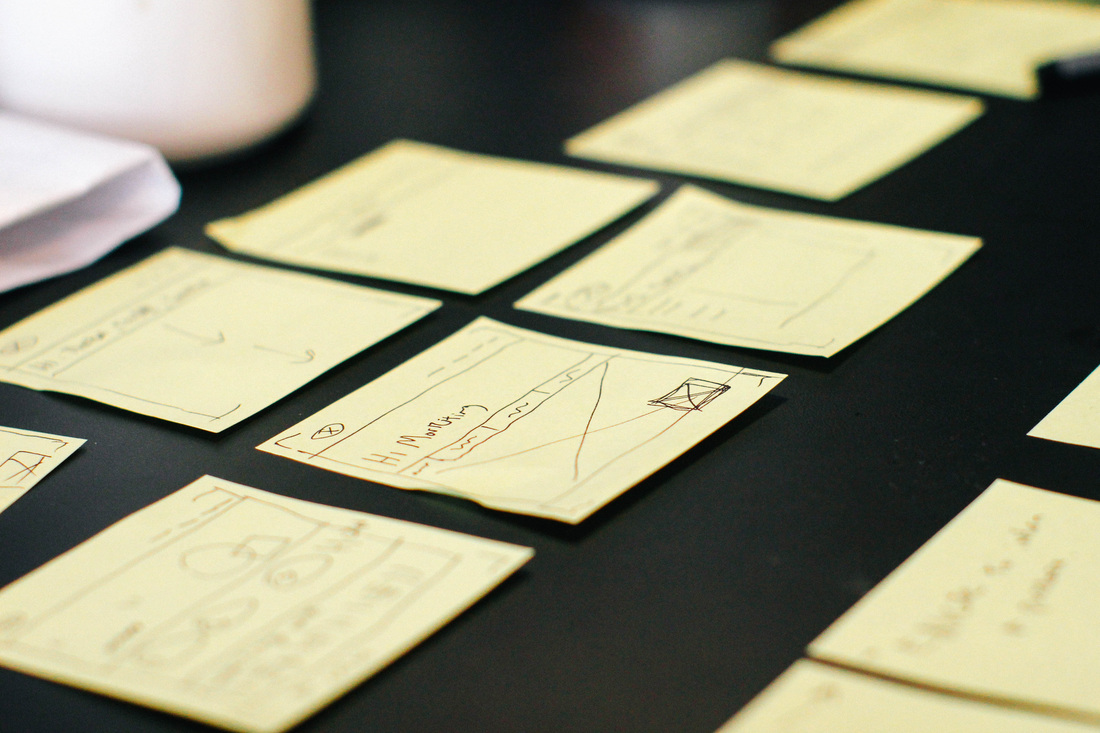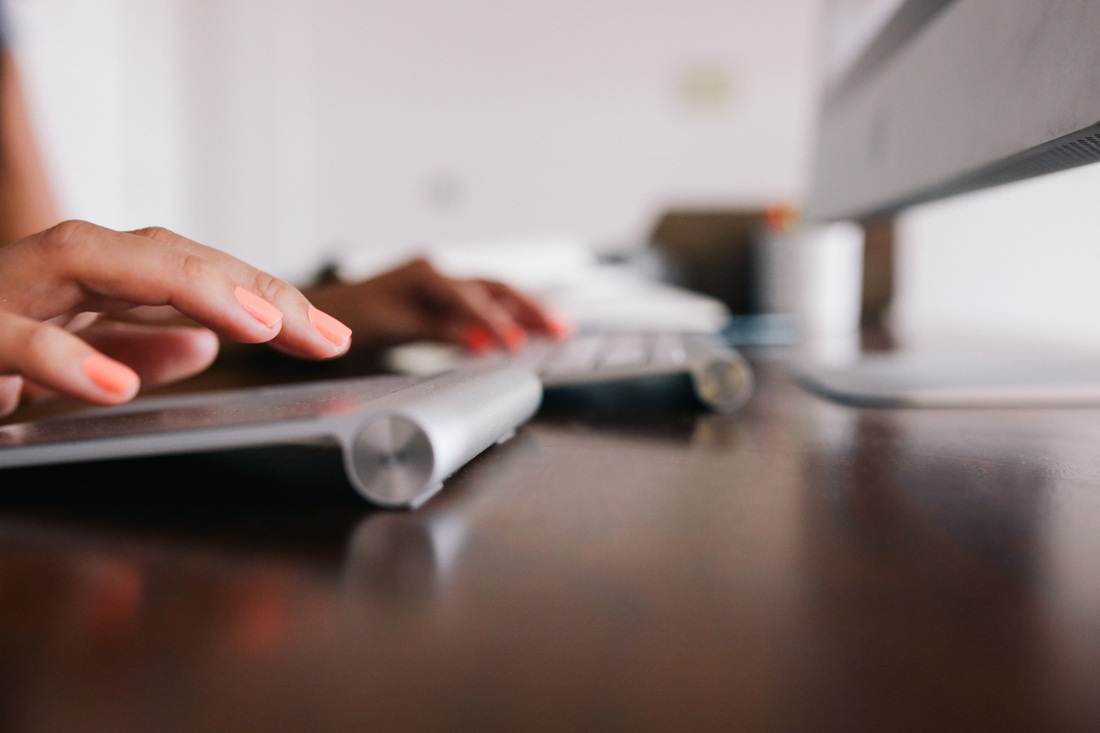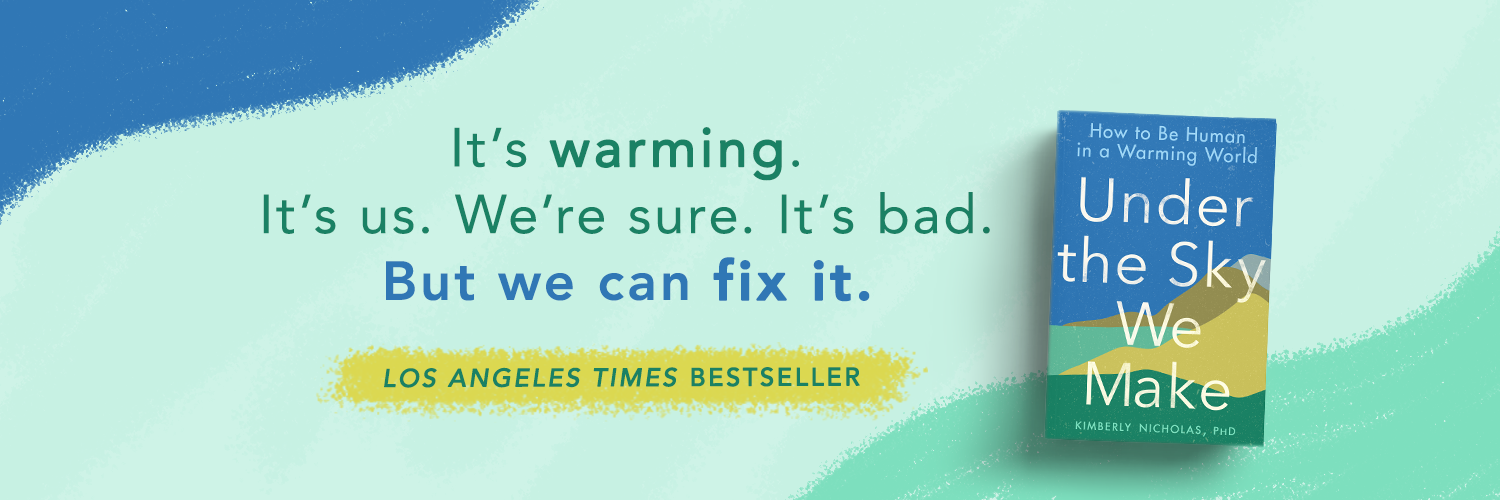|
I've designed the final exam in my class to be developed and assessed by students. This was motivated by a course I took at the Lund University Centre for Teaching and Learning. As I wrote in my final paper there:
"According to a meta-analysis of over 800 meta-analyses, involving over 50,000 studies and 250 million students, the characteristic that produced the most positive outcomes on student learning (nearly 50% larger effect than the next best characteristic, and more than three times as effective as the average strategy tested) was when students self-report grades (Hattie, 2009). It appears that this feature gets students to become more reflective and therefore deeper learners, in effect teaching them how to learn by encouraging them to better monitor, evaluate, and assess themselves, looking for evidence of how they are doing, keeping an eye out for errors and looking for ways to work more effectively (Biggs and Tang, 2011)." For instructors who want to use this approach, see my teaching notes here. |
Writing the examStudents submit index cards with potential exam questions every day in class. I use these to keep attendance, and as the basis for writing the exam.
|
Peer GradingStudents work in teams to develop the right answer to the exam, as well as a rubric for how to grade it.
|
Self GradingStudents grade their own exam against the rubric developed by their classmates.
|

Student-Led Examination by Kimberly A. Nicholas is licensed under a Creative Commons Attribution-NonCommercial-ShareAlike 4.0 International License.





